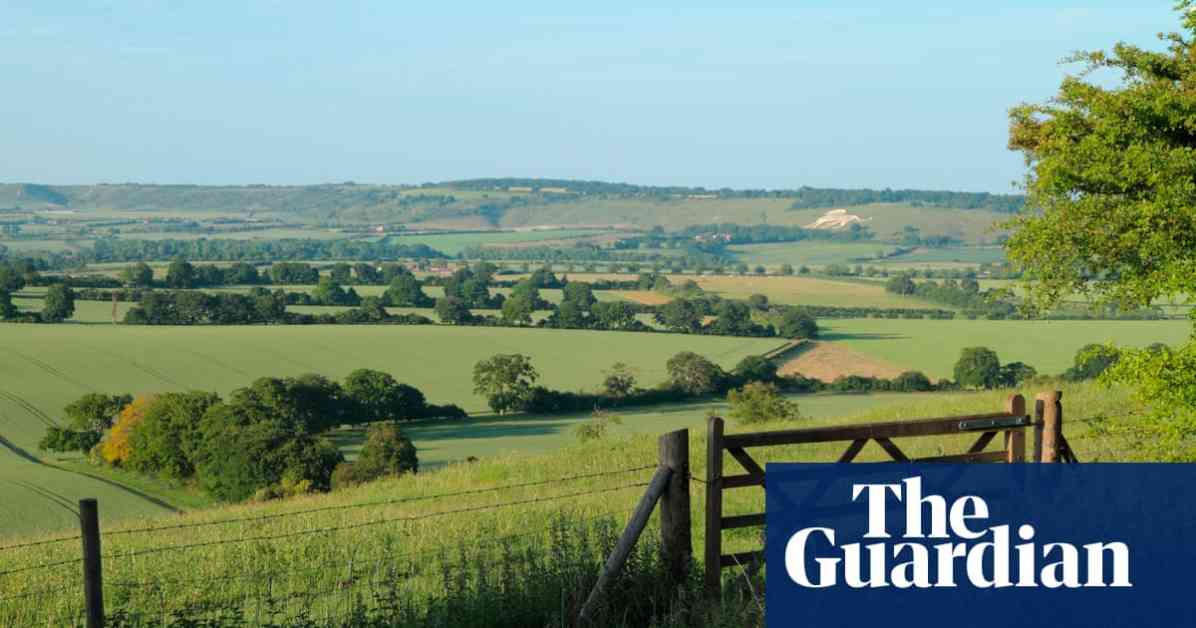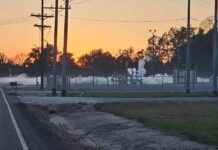Advocates Push for Public Access to Private Farmland Edges in England
Campaigners in England and Wales are urging for access to the edges of privately owned fields in a bid to open up more paths in the countryside. Slow Ways, a group advocating for increased access to rural areas, highlighted the need for safer walking options, especially in areas lacking pavements.
Public Support for Access to Farmland Edges
A recent poll by YouGov revealed that 71% of adults believe people should be permitted to walk along the edge of privately owned fields, provided they do so respectfully and responsibly. This sentiment arises from the concern over the dangers posed by walking on narrow or busy roads without proper pathways. Impact of Limited Walking Network
The lack of accessible walking routes in England is evident, with only 8% of the countryside designated as open access for outdoor activities. This limitation forces many individuals to navigate risky rural roads, leading to tragic pedestrian accidents each week. Call for Government Action
Slow Ways is calling on the government to establish a comprehensive national walking network that would benefit both hikers and the 10 million people residing in rural areas. By creating safe pathways, the government could save lives and enhance the well-being of millions.
The lack of accessible walking routes in England is evident, with only 8% of the countryside designated as open access for outdoor activities. This limitation forces many individuals to navigate risky rural roads, leading to tragic pedestrian accidents each week.
Call for Government Action
Slow Ways is calling on the government to establish a comprehensive national walking network that would benefit both hikers and the 10 million people residing in rural areas. By creating safe pathways, the government could save lives and enhance the well-being of millions.
In a recent statement, Dan Raven-Ellison, the founder of Slow Ways, emphasized the urgent need for a safer walking environment in the countryside. “Going for a walk in the countryside can mean risking narrow lanes, blind bends, and fast vehicles,” he said. “The government has the opportunity to save lives and bring joy to millions by ensuring safe walking options are always available.”
The Labour government’s decision to repeal the 2031 cut-off date for recording historical rights of way signifies a step towards improving access to nature. With thousands of unrecorded rights of way across England, estimated to span over 40,000 miles, the government’s commitment to enhancing access to green spaces and forests is commendable.
As the Department for Environment, Food and Rural Affairs (Defra) works towards removing the registration deadline, it is clear that efforts to promote responsible access to nature are gaining momentum. The countryside remains a cherished national asset, and ensuring safe and accessible pathways is crucial for the well-being of all.














